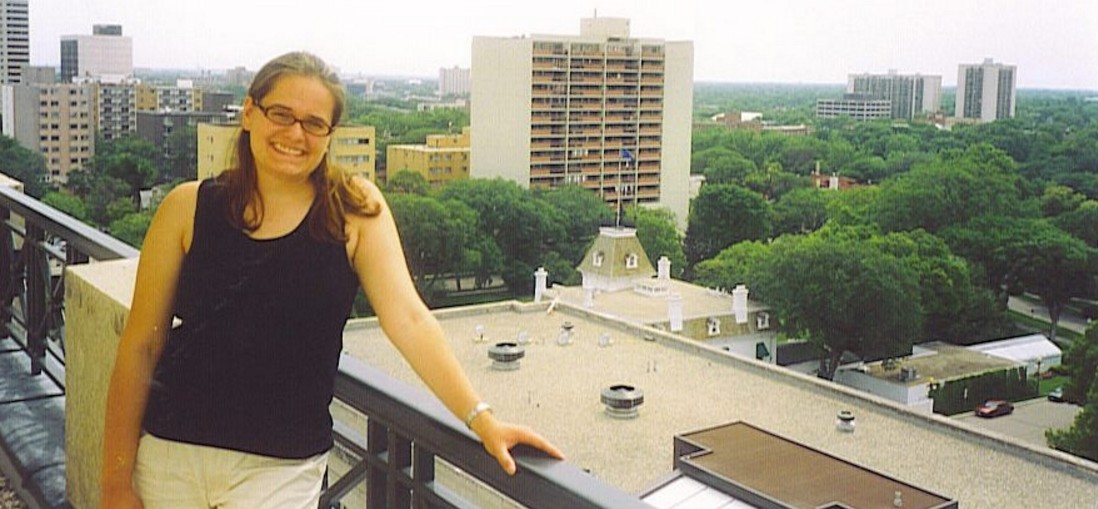Meeting and interview with Carlee-Ann Dueck, project officer with the health department of Manitoba
Since she started working for Health Manitoba almost three years ago, Carlee-Ann Dueck has been in charge of the Physician Integrated Network Initiative, a local initiative that will be extended if it is successful.
COULD YOU TELL US WHAT YOUR PROJECT IS ABOUT?
The initiative I head up aims to improve access to care in the area of family medicine. For now, it involves four medical centres and 65 doctors in Manitoba. That number should double since we are beginning the second phase of the project. One of the means of improving the health care system is to use the electronic health record. In order to use it to its full potential, which is far from being the case right now, we need to help professionals change their habits. Within three years, we will be evaluating the second phase, and, if the results are conclusive, we will extend the project to the entire province.
WHAT DOES YOUR WORK INVOLVE?
As the project manager, I am in touch with all the players. I essentially handle strategic planning and budget control. Most of my work is done in my office at Manitoba Health, but at least once a month, I go on site to meet with the medical professionals of one of the four clinics we work with. This allows me to see what progress has been made in the field.
WHY DID YOU CHOOSE THE HEALTH CARE SECTOR?
Working in such a sector is very fulfilling, since it involves providing citizens with the best possible care. Every day, I see the results of my work. For example, when a doctor tells me that he or she is now implementing more personalized treatment, I know that it makes a very big difference for the patients. Moreover, it’s a field that is continually changing, and health care professionals are always asking for improvements.
DOES THIS FIELD REQUIRE SPECIFIC SKILLS?
It’s impossible to successfully carry out a project in the health care sector if you don’t have enough management experience. Most of the people I deal with are very experienced people with a high level of skill. You have to know how listen to them and be able to support them as a partner at the same time.
One of the difficulties of working in this field comes to the forefront during the planning phases. Doctors and nurses are used to quickly finding solutions to the problems they face, to take action and set up treatments. It becomes a little more delicate when the situation involves planning and developing long-term strategies. I have to bring them to think beyond the present.
